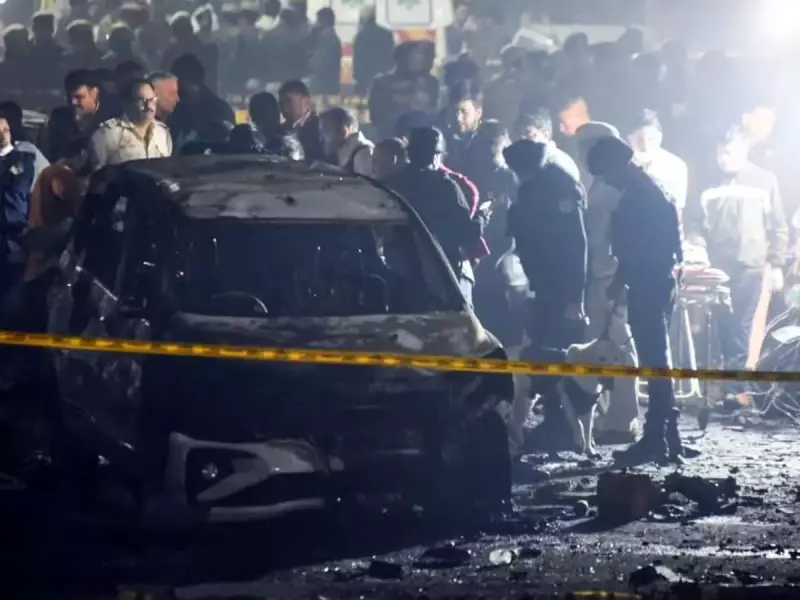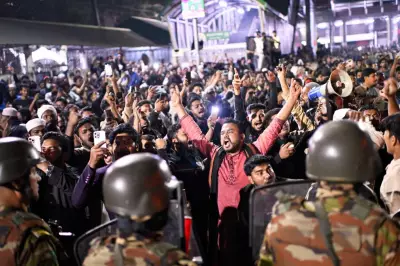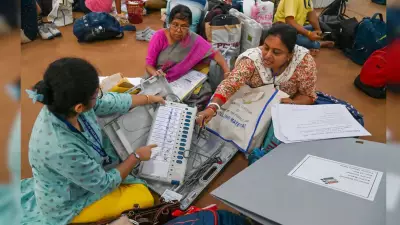
Delhi Car Blast Investigation Takes New Turn
Initial investigations into Monday's devastating car explosion near Delhi's historic Red Fort have revealed surprising details that challenge early assumptions about the nature of the attack. According to sources cited by news agency ANI, the blast appears to have been triggered prematurely rather than being a conventional suicide attack.
Evidence Points to Premature Detonation
Investigators examining the scene have found compelling evidence suggesting the suspect did not follow the typical pattern of suicide car bombers. The suspect neither rammed the vehicle into a specific target nor appeared to be aiming for maximum casualties, which contradicts standard suicide bombing tactics.
Officials revealed that the improvised explosive device (IED) used in the attack was likely underdeveloped and detonated earlier than intended. This conclusion is supported by the absence of a crater at the blast site and the fact that no shrapnel or projectiles were recovered from the area.
The car was still in motion when the explosion occurred, indicating the device wasn't designed for a high-impact collision. Security experts believe the suspect may have panicked under pressure, especially given the ongoing nationwide raids against terror-linked networks being conducted by security agencies.
Nationwide Security Operations Intensify
The investigation has gained urgency as security forces continue their crackdown on terror networks across multiple states. Significant quantities of explosives have been recovered from locations including Faridabad, Saharanpur, and Pulwama, according to official statements.
The explosion, which ripped through a slow-moving Hyundai i20 near the Subhash Marg traffic signal adjacent to the Mughal-era monument on Monday evening, resulted in at least eight fatalities and left several others injured. If confirmed as a terror attack, this would mark the first such incident in Delhi since 2011.
Central Government Takes Charge
In response to the gravity of the situation, the Centre handed over the investigation to the National Investigation Agency (NIA) on Tuesday. Union Home Minister Amit Shah has directed the agency to submit its preliminary report at the earliest possible opportunity.
Shah also instructed the Forensic Science Laboratory (FSL) to conduct thorough examinations and matching of all material samples collected from the blast site, demanding a comprehensive report without delay.
During a high-level security review meeting held at his residence, Shah directed agencies to explore every possible angle and to "hunt down each and every culprit" responsible for the incident. The Home Minister emphasized that everyone involved in this act would face the full force of India's security apparatus.
The security meeting saw participation from senior officials including Union Home Secretary Govind Mohan, Intelligence Bureau Director Tapan Deka, NIA Director General Sadanand Vasant Date, and Delhi Police Commissioner Satish Golchha.
The NIA is expected to conduct a comprehensive investigation focusing on multiple aspects, including the nature of the explosives used, the identity of the suspect, and potential connections to established terror outfits. Authorities are working diligently to reconstruct the precise sequence of events that led to the tragic explosion.





